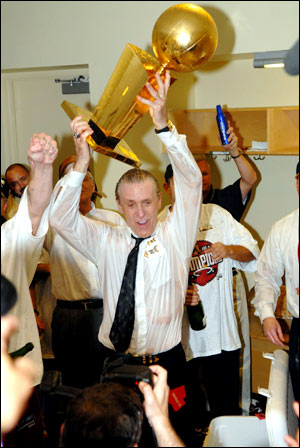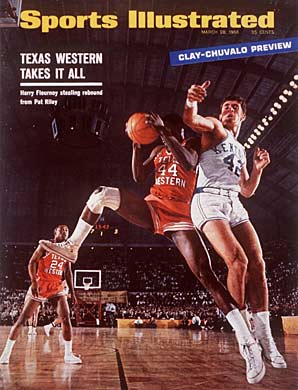by Shaun Bossio
A while back, I went out to lunch with an old friend that was in town and was introduced to his father-in-law. We started talking about social media and its prominence (necessity really) in today’s business environment. The father-in-law was a little nervous about getting involved in social media as he was not as tech savvy as most, so we did our best to explain the ins and outs and the benefits that he could expect vs. the precautions he had to make sure he took. His biggest apprehension though was that anybody could post negative remarks on his Facebook page for the world to see. He was concerned that unhappy clients would take it upon themselves to write up negative reviews and drive business down. I explained to him that they could of course control what was posted on his page, but also that negative comments can be seen on virtually any company’s website. If the volume of negative comments outweighs the positive ones then the real issue at hand is not their use of social media, but how they are perceived by their consumers.
Let’s just put it on the table; how your customer-base views your business is reality. No matter how great things may seem from the view of yourself or management, the customers are the ones that drive your business perception. In that manner of speaking, even negative feedback is good feedback in that it helps to alert you to issues that may have arisen within your organization. If a customer perceives an aspect of your business as not fully meeting their needs, then it only makes sense to examine that portion to see if things can be improved. Sure, in some instances it might be a case of a particularly picky client and they might only be a single voice among the crowd, but more often than not, feedback comes from a constructive place and helps you identify areas for improvement. The problem rests in seeing feedback, both positive and negative, as an excellent way to keep you customers in touch with your business. Not only does it help you pinpoint the weak points in your organization, but it also lets your clients know that you are genuinely interested in the job you are doing. Regular interaction and personal responses to customer concerns shows them that you are willing to go the extra mile to keep their business.
So first off, do not be afraid of social media. It is your friend and there to help you grow your business. Like any business tool though, you have to know how it works and be careful while you are using it. That being said, it can be a great help in soliciting feedback from your clients and also in attracting new ones. Sure, you may get some negative feedback, but it is a great opportunity to respond to those folks to let them know how their issues are being addressed. What better way is there to show current/future customers that you value their business? Despite what you may think, their perception is your reality. After all, your business may be the best in your field, but if your customers do not see it that way then you will not be the best for long.
Shaun Bossio is the Assistant Business Manager at the Boston University FitRec.








